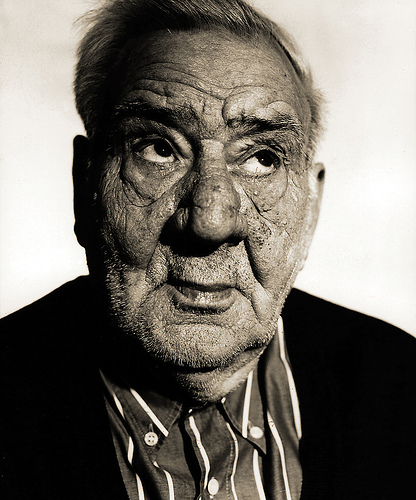 The following post concerning how long coaching client engagements should be is inspired by a conversation at School of Coaching Mastery's members-only Water Cooler Forum. A student wondered how to set up coaching client engagements.
The following post concerning how long coaching client engagements should be is inspired by a conversation at School of Coaching Mastery's members-only Water Cooler Forum. A student wondered how to set up coaching client engagements.
The Question:
Should coaching client engagements be short (3 - 6 months) or long (1 year or longer)? And should coaching client engagements have a fixed length or should they be open ended?
Here are my views. I find the length of coaching engagement varies according to the business model, niche, and specialty of the coach, as well as the goals of the client.
The Short or Fixed-length Coaching Client Engagement:
• Shorter engagements of specific length are common to business, executive, career and corporate coaching, where the bottom line is always of high importance.
• Lengths usually are 3, 6 or 12 months. Almost never shorter than 3 months.
• The per-hour or per-month charge is generally much higher, $300+/hour; $500+ per month, or the charge may be for the entire period.
• If you use this business model, know that you must be prospecting for your next clients at all times.
• Benefit to the coach, other than the higher fee, is that you can sometimes contract to coach an entire team, department or company. In other words, it can be a very significant gig and you may need fewer gigs to support your business.
• Benefit to the company that hires you, is that the fees are fixed and predictable and ROI is easy to measure.
Long or Open-ended Coaching Client Engagements:
• Open-ended coaching agreements are common in life coaching and other forms of personal coaching, such as health, restorative, personal development, and spiritual coaching.
• Minimum lengths of client engagements are 3 months. Any less than that and the client is unlikely to experience a specific outcome and may not see the value of continuing. Also, the coach is likely to get stuck on a merri-go-round, constantly trying to attract enough clients, if they allow clients to sign up for one month or less.
• Keeping one's ego out of the coaching engagement is extremely important in open-ended client engagements and depends on on the coach's personal development and integrity. Also, having plenty of money in the bank can be important for the coach. Otherwise, the coach may be tempted to stretch out the client engagement for the coach's financial benefit, rather than the client's personal development. Some coaches, especially those who are less well developed, assume that all coaches create dependancy in long-term coaching engagements, but that's not necessarily so.
• In a long-term coaching relationship, the coach needs to keep an eye out for what else the client may need to work on. Periodically invite the client to a new higher level of play when you sense they are ready for it. Some clients absolutely love this, because they want to grow as much as possible. Think: Empowerment vs. Dependence.
• Generally, coaches charge less for this type of coaching, $250 - 450/pr month or $100-200/hour.
• The benefit for the coach is greater client stability and less marketing, although annual income may be lower than for business coaches. Benefit for the client is greater personal growth and fulfillment.
My colleagues and I have all experimented with these business models. Commonly, what we find is that when we raise our fees to over $500/month, we have no trouble attracting clients, but coaching client engagements tend to be shorter.
In my coaching business, I offer three different types of coaching. My life coaching clients focus on personal development, shadows, values, attraction, etc. My fees are lower and engagements sometimes are for several years.
I also offer mentor coaching for coaches, which includes working toward certification, business development and personal development. Fees are a bit higher and engagements last 6 to 12 months.
Finally, I offer business coaching that focuses on inbound marketing for micro businesses. Fees are higher and engagements last from 3 to 6 months.
How do you model your coaching client engagements?
The Water Cooler Forum is one of the 'hidden benefits' of membership in School of Coaching Mastery's paid coach training programs. Get your questions answered by mentors and insiders:


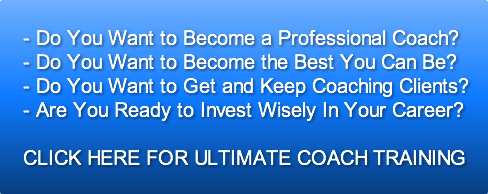
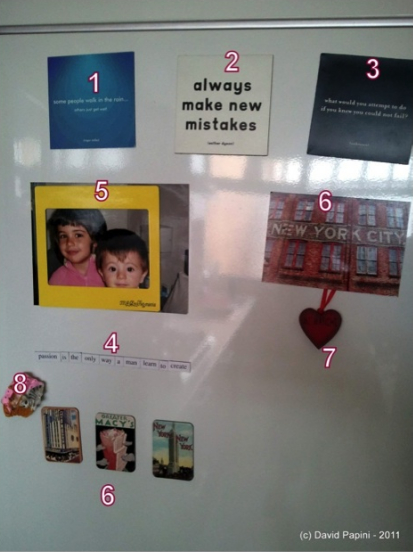 Guest post by David Papini.
Guest post by David Papini.



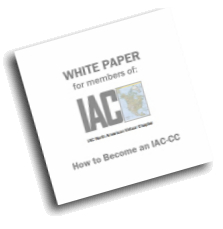


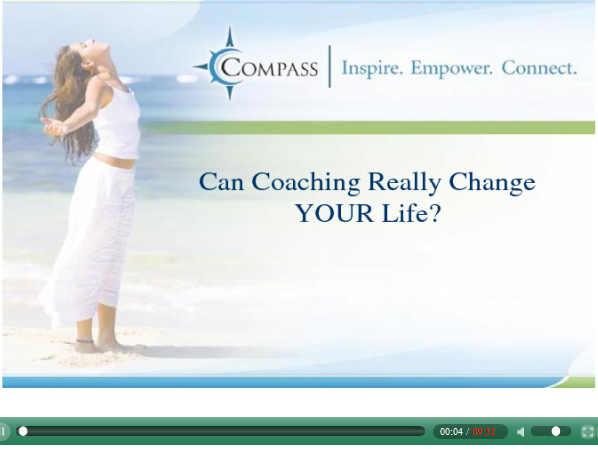
 Many people find it really hard say "no". And, as you probably know, some people are harder to say "no" to than others. But not saying "no" when you need to can absolutely ruin your life, so it's important to learn to do it right.
Many people find it really hard say "no". And, as you probably know, some people are harder to say "no" to than others. But not saying "no" when you need to can absolutely ruin your life, so it's important to learn to do it right.
 About ten years ago, when I was becoming a coach, Thomas J Leonard, the founder of the coaching profession said...
About ten years ago, when I was becoming a coach, Thomas J Leonard, the founder of the coaching profession said...

